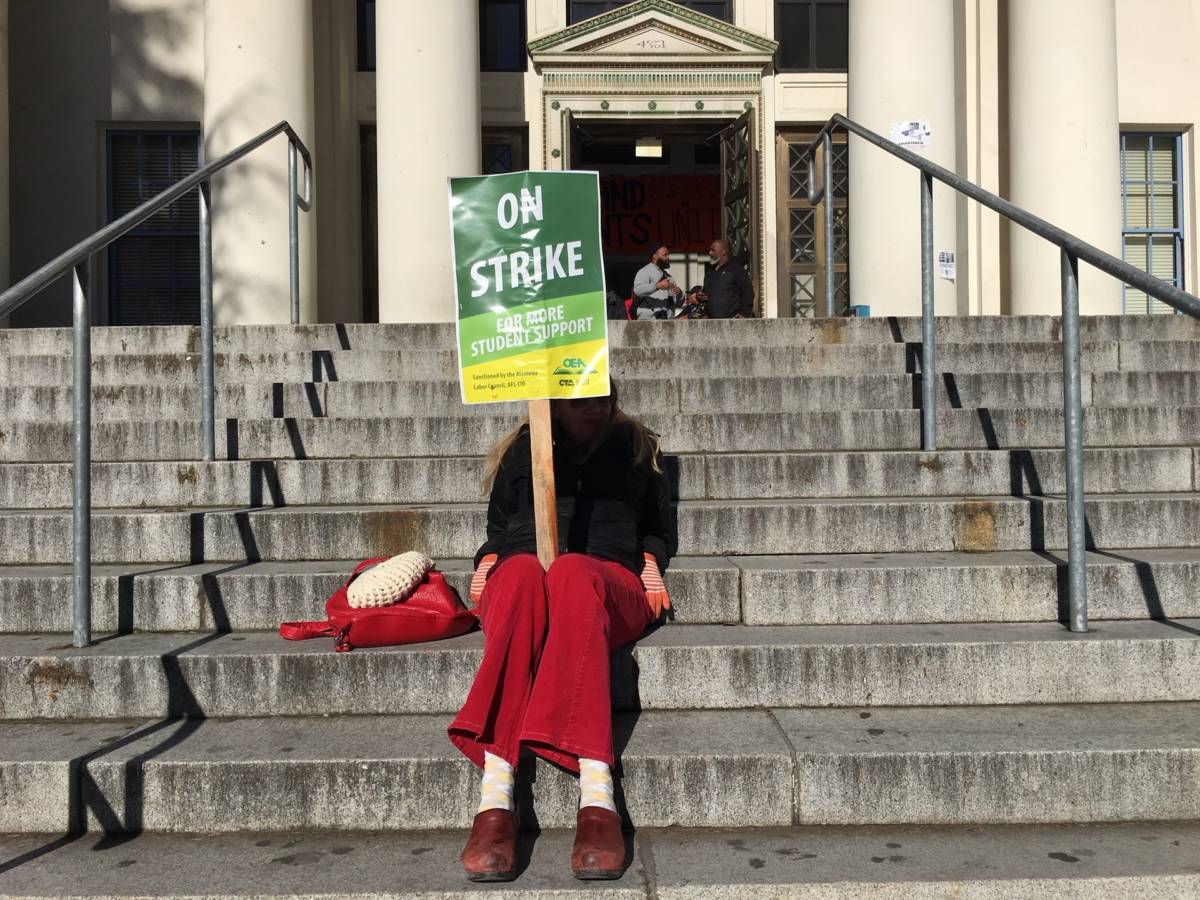Another bill, Senate Bill 126, that would require charter schools to comply with the state’s open meeting, public records and conflict of interest laws, passed overwhelmingly in the state Senate last week and, is scheduled to be heard in O’Donnell’s Education Committee on Tuesday.
Many charter schools already adhere to these rules, but the new legislation would make enforcement universal. Gov. Gavin Newsom, who campaigned for more charter school transparency, encouraged the bill’s quick passage.
If all the bills on the table are approved as written, said Premack, the charter school advocate, it could effectively bring charter growth to a standstill or only allow for charter schools that serve “dropouts and students who are difficult to serve.”
With 1,323 charter schools — double what it was a decade ago — California has by far the largest number of charter schools of any state. The 600,000 students who attend them make up 10 percent of California’s students and one-fifth of the nation’s charter school population.
But the departure of Gov. Jerry Brown, who thrice vetoed charter transparency bills like SB 126, and for years staunchly protected the state’s charter school law, has created opportunities for the CTA and other charter school opponents to seek new restrictions. The CTA has capitalized on the strikes in Los Angeles Unified and Oakland Unified, which have the largest percentages of students in charter schools in the state, to press the case that charter schools are placing serious financial strain on districts.
The CTA has escalated its rhetoric against charter schools over the past year in campaign ads and on its website Kids Not Profits.
“It is clear that Californians want significant changes in the decades-old laws governing charter schools that have allowed corporate charter schools to divert millions away from our neighborhood public schools [and] allowed for waste, fraud and abuse of taxpayer dollars at the expense of our students,” said California Teachers Association President Eric Heins.
In response, Carlos Marquez, senior vice president of government affairs for the California Charter Schools Association, said, “CTA’s extreme policy proposals undermine the unified case we must all make to fairly and adequately fund all of California’s public schools. Instead, they’re choosing to pit public school families against one another. California’s charter public schools will remain focused on sponsoring legislation that will support all public schools and our most vulnerable students.”
In introducing the bills now, O’Donnell and the co-authors may be moving ahead of State Superintendent of Public Instruction Tony Thurmond, who Newsom has asked to create a panel of experts to look at the financial effect and other impacts of charter schools. Newsom was responding to the Los Angeles Unified school board’s request for a moratorium on new charters in Los Angeles while the state considers changes to the state charter law. The panel is slated to recommend its changes by July 1.
Staff writer Diana Lambert contributed to this story, which was originally published by EdSource.


